An anal fistula is an abnormal tunnel that forms between the skin and tissue around the anus, often due to infection. It leads to discomfort, pain, and swelling, affecting daily life. While treatment is essential, a healthy diet can significantly help in managing symptoms, reducing inflammation, and aiding healing. Let’s explore the best foods for fistula pain relief and how they can improve digestive health.
Here are some foods that can help reduce pain, heal tissue, and support digestion for fistula patients:
A proper fistula diet helps:
Here are some foods that can help reduce pain, heal tissue, and support digestion for fistula patients:
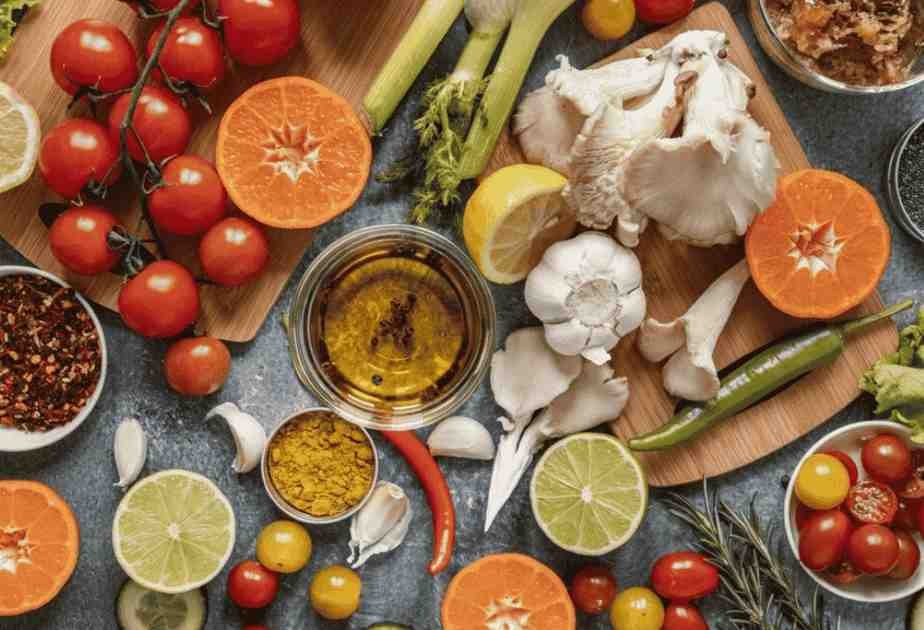
Anti-inflammatory foods can help lower swelling, soothe pain, and promote faster healing by reducing irritation in the affected area.
Suggested Foods:
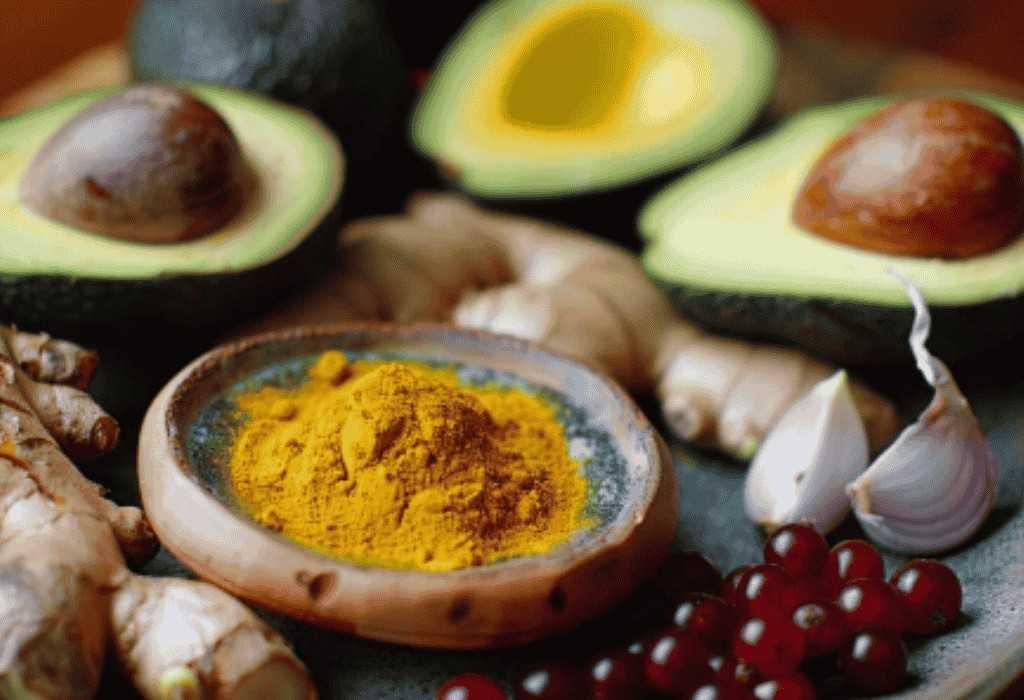
Gut-healing foods support the digestive system by reducing irritation and improving bowel movements, helping the body heal from the inside.
Suggested Foods:
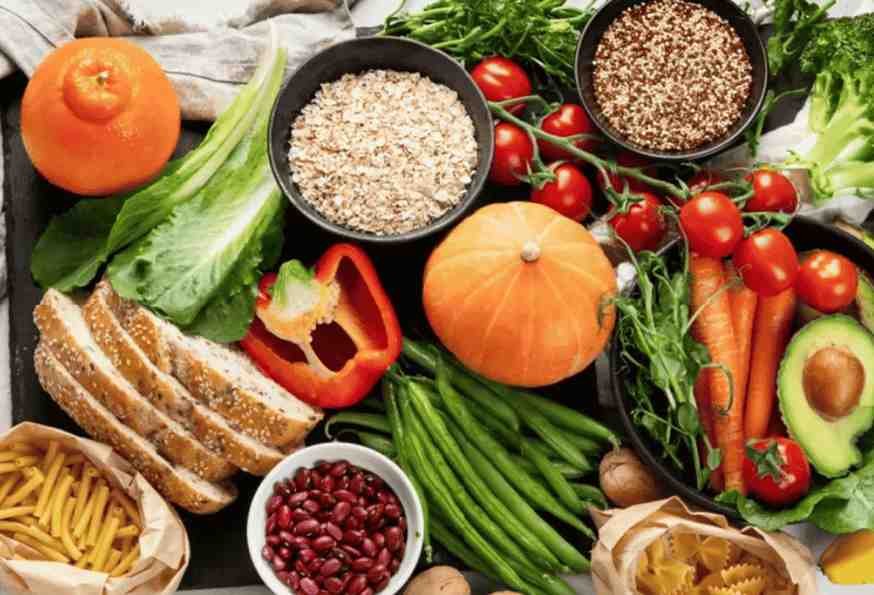
Fiber helps prevent constipation and ensures smoother bowel movements, reducing pressure on the fistula area and improving overall comfort.
Suggested Foods:
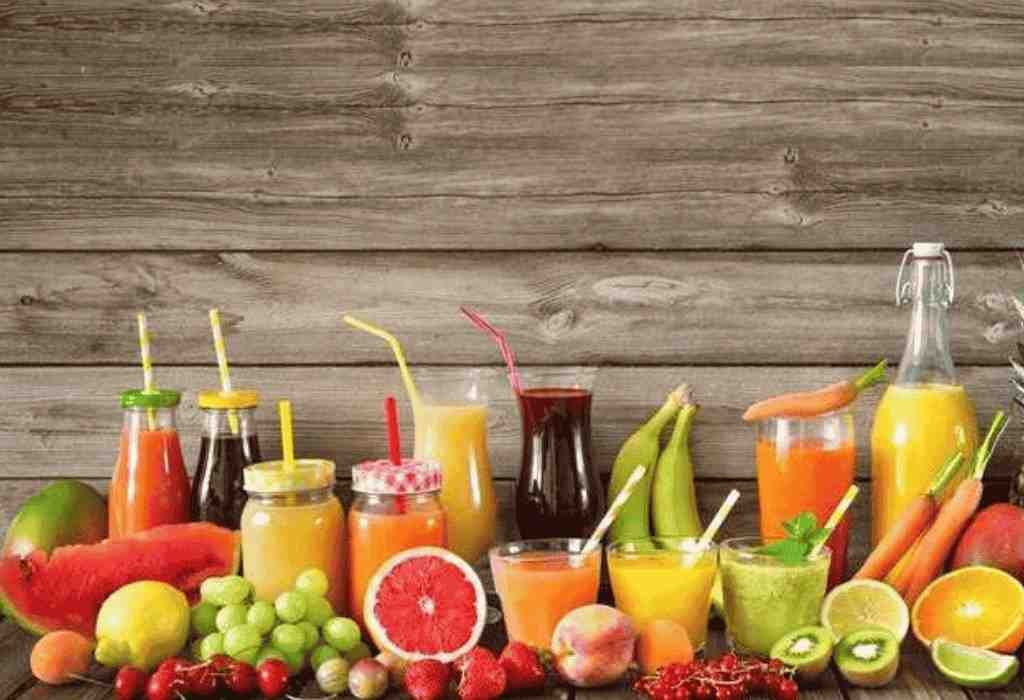
Staying hydrated keeps the digestive system running smoothly, making bowel movements easier and reducing inflammation.
Suggested Foods:
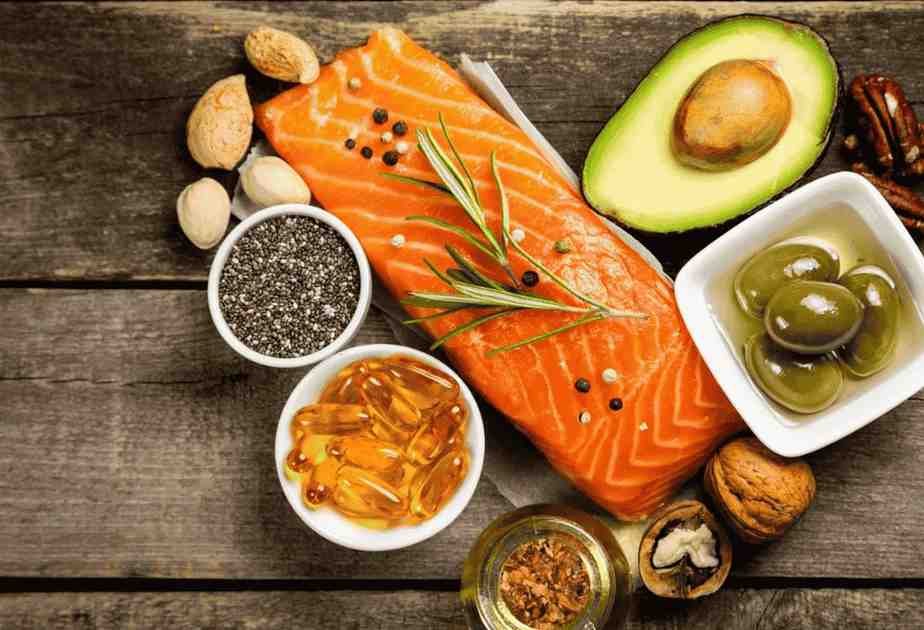
Omega-3 fatty acids fight inflammation and support the body’s ability to heal, helping reduce pain and swelling around the fistula.
Suggested Foods:
This 3-days Fistula diet Chart focuses on anti-inflammatory, fiber-rich, and gut-healing foods to ease symptoms and promote recovery:
Certain foods can worsen fistula symptoms by increasing inflammation or causing constipation. It’s best to avoid them:
A fistula-friendly diet is essential for reducing pain, supporting digestion, and aiding in recovery. By focusing on anti-inflammatory, fiber-rich, and hydrating foods, you can manage discomfort and speed up the healing process. It’s also important to avoid foods like spicy items, refined carbs, and dairy that may worsen symptoms.
For effective, non-surgical treatment options like Graded Kshar Sutra treatment for fistula, and personalized dietary advice, Dr. S.K. Singh, a highly experienced fistula doctor in Delhi with over 30 years of expertise, is here to help.
Contact us now for a consultation with a fistula specialist doctor and receive tailored guidance for managing your fistula and finding the best treatment options.
Disclaimer: Individual results may vary. The statements on this website and all affiliates have not been evaluated by the FDA. Advice on treatment or care of an individual patient should be obtained through consultation with a physician.
*Multicentric Randomized controlled clinical trial of Ksharsutra (Ayurvedic medicated thread) in the management of Fistula-in-Ano; Indian J Med Res (B) 94, June 1991, pp 177-185